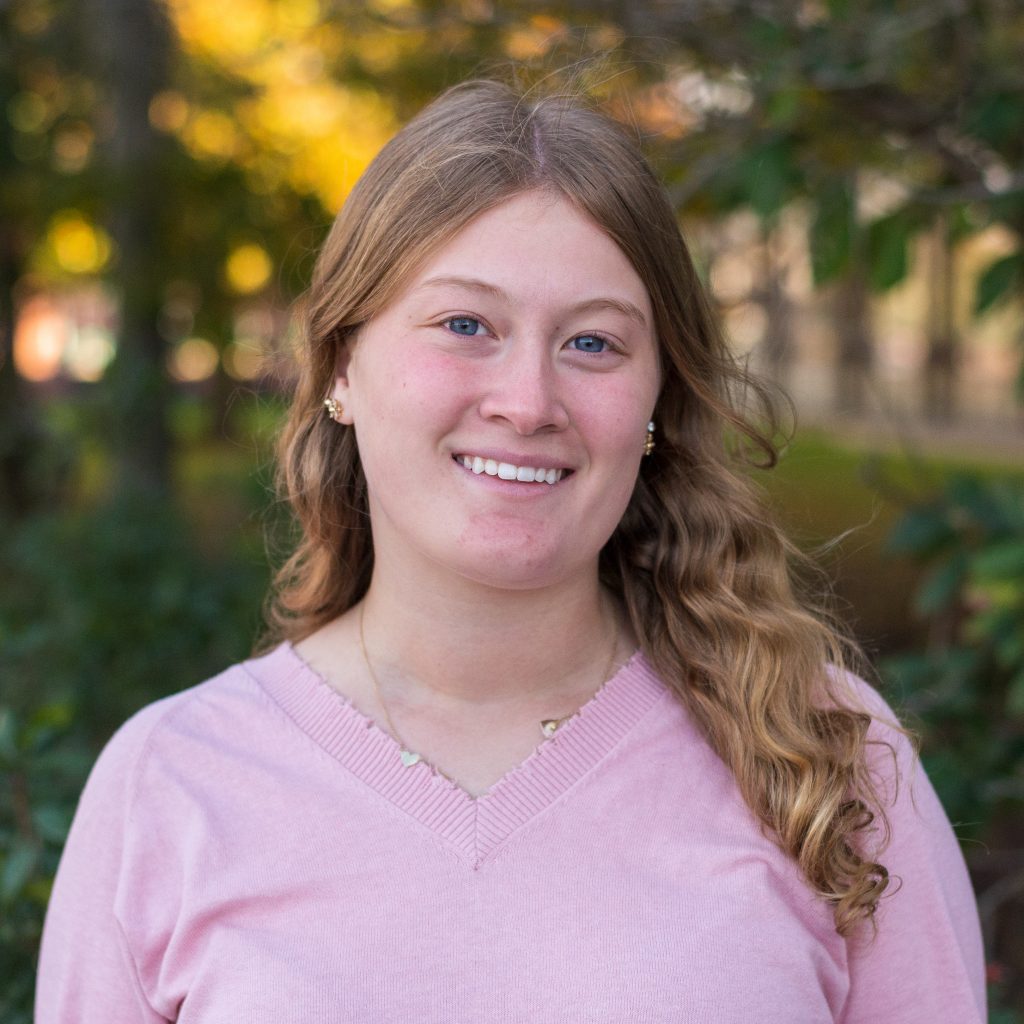Anti-Semitism can be found on campuses all over the country. Whether fellow students recognize it or not, the most minute, indirect comments contribute to the outcasting of Jews of all sects. According to a study conducted by Hillel and the Anti-Defamation League, one-third of Jewish students report that they or someone they know have experienced anti-Semitism on campus in the last year. Despite Binghamton University’s 30 percent Jewish student body, according to statistics from Hillel at Binghamton, Jews of BU continue to navigate a societal divide of differing religions.
According to Hillel at Binghamton, a space for Jewish communities on campus, anti-Semitism is on the rise at BU. On a larger scale, a recent survey from Alums for Campus Fairness found that 95 percent of college students responded saying anti-Semitism was an issue, with three out of every four respondents going as far as to call it a “very serious problem.” Additionally, almost half of the current students believed anti-Semitism to be getting worse on their college campus. What the average BU student may be unaware of is that even if anti-Semitism on college campuses seems obscure or far-fetched, it is in fact an issue all Jewish students feel sensitive to. For that reason, Jews on campus struggle to find their place. On a community scale, Jews tend to live together within larger towns. The top three largest Jewish communities in the United States are found in New York City, Los Angeles and Chicago. This can perhaps attest to Jews choosing to dorm with one another. Jews enjoy living together, for hesitation of definite security in the broader world.
What does all of this mean for Jewish students on campus? Heavily integrated in clubs, sports and Greek life, Jewish students seem to be able to navigate a balance between religion and college experiences. Socially, Jews, and people of other faiths alike, thrive off the opportunity to connect to peers of a different background. Perhaps being able to slowly branch out of the tight-knit communities is necessary for the integration of Jews into an accepting society. I would argue that it is because of the large population of Jews at BU that Jewish students are able to live and learn comfortably. Luckily, the Jewish organizations on campus have created resources for Jewish students to find a safe place for themselves.
As an observant Jew in Binghamton, I have yet to feel unsafe due to my religious beliefs. I have felt unsettled during various conversations about religion in classes, and I also have heard stories from Jewish friends about professors making offensive comments about Israel or being difficult in terms of absences for all of the recent Jewish holidays. However, BU is one of the largest universities in the country for Jewish students. I was mentally prepared for incidents here at BU, since anti-Semitism on campuses is at an all-time high all over the country. Still, after experiencing Chabad at Binghamton, Hillel at Binghamton and other Jewish organizations readily available, as well as fellow students being generally respectful to Jews our large population, I can say that being a Jew on this campus has been essentially unproblematic on a personal level. However, the anti-Semitic situations that arise each year prove that there is a lingering sense of anti-Semitism, and the greater Binghamton community must become aware of it. Still, I look forward to continuing some level of ease throughout my college experience and building bridges between students of all backgrounds.
Hannah Kirsch is an undeclared freshman.



